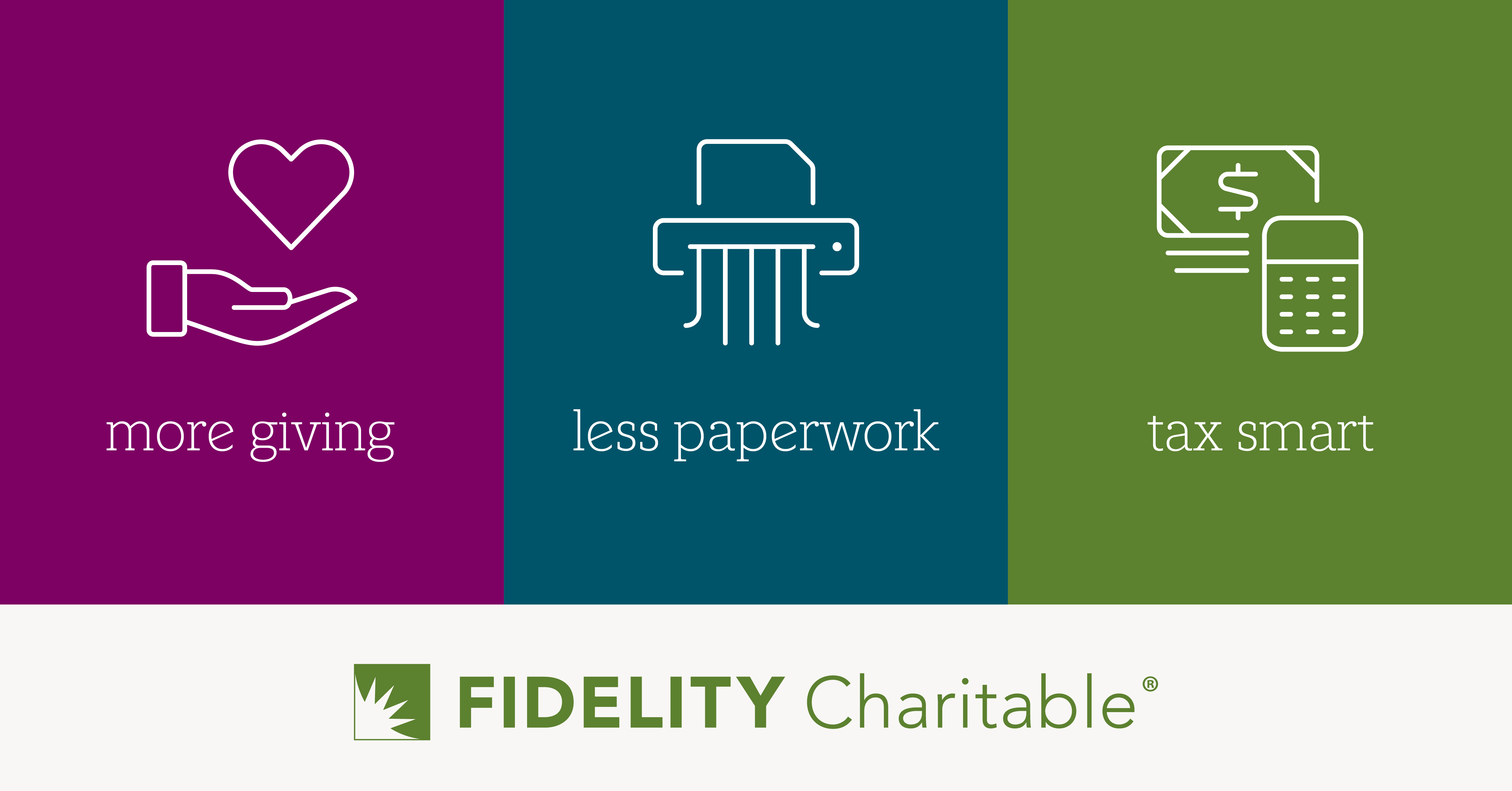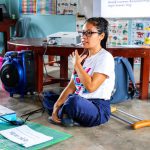This article is part of a series, The Wisdom of Women: Bold Insights From World Change.
“If one is lucky, a solitary fantasy can totally transform one million realities.”
— Maya Angelou
One of the differentiators, for me, between entrepreneurs and social entrepreneurs are that social entrepreneurs aren’t just innovative; they are aware. They pay attention to what’s going on around them. They notice when things could be better. They dig into every experience they’ve had to believe those things actually can be better. And then they start trying to figure out how to make it happen.
Across the globe, innovative women are doing just that. And they are doing it with a new kind of thoughtfulness and energy. It’s no longer acceptable to create one thing that solves one problem. These women are creating products that solve problems and turning them into businesses that change lives — many, many lives.
I am honored to share the stories of three such women, true rising stars. These three women started their business with the goal of helping others and created a product that would further that goal. This is the future of world-changing women.
Sydney Badger, Founder of Public Habit
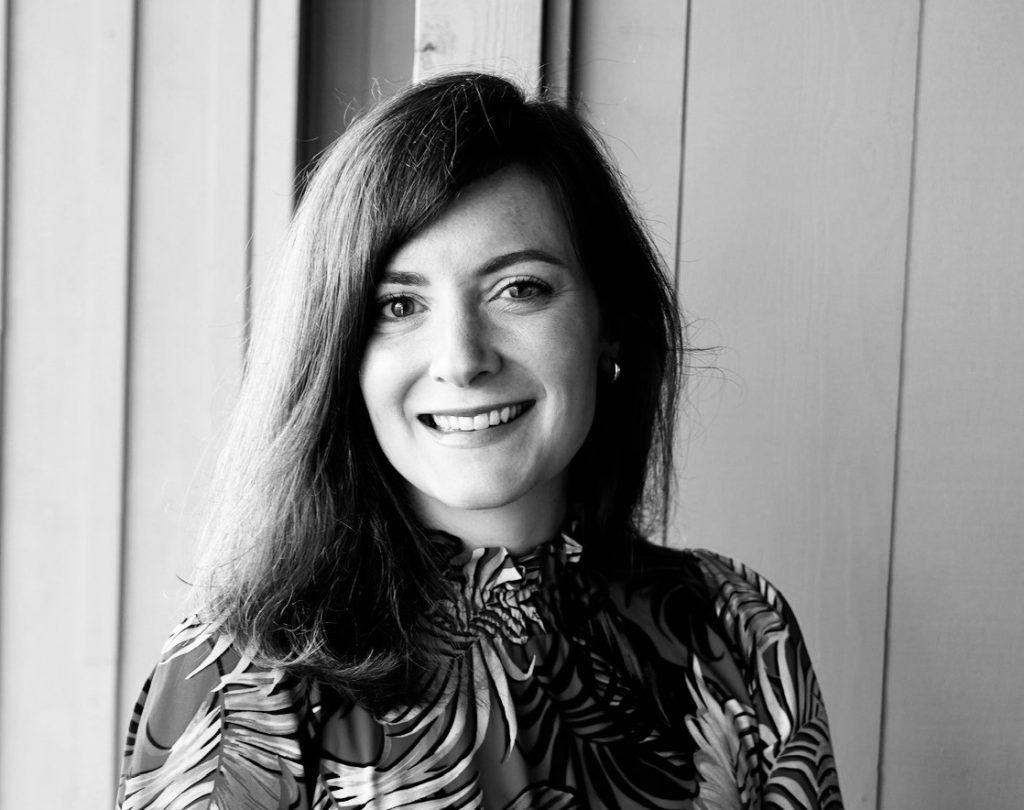
Sydney Badger grew up in England with American expat parents. They traveled all over the world. From a very young age, her parents instilled in her a deep appreciation and respect for different cultures. In particular, they visited Asia frequently and some of her earliest memories are of making garments from scratch with tailors and artisans — sarongs in Bali, silk jackets in Thailand, dresses in China — all with the understanding that she was working directly with the maker to create one-of-a-kind pieces.
Twenty years later she launched Public Habit, a fashion e-commerce site that eliminates layers between producers and consumers, resulting in bespoke, on-demand pieces just like those tailors and artisans did throughout Asia. Her primary mission is to change the way consumers think about clothing purchase — to buy less but better and straight from the source. They offer cashmere and wool essentials produced in limited batches with top-tier manufacturers. They only make what they sell, and they are able to offer their pieces at 40 percent to 50 percent off traditional retail.
Did I mention they are beautiful? Because they are. Looking at the gorgeous coats on her site almost made me want to move back to a place with colder weather so I could have one. Almost.
Her underlying mission is to inspire women, who may feel like outsiders, to be curious and always ask questions and challenge things that are considered the status quo. Her own journey has taught her to listen to her instincts, lean into curiosity, and ask for help when there are things she doesn’t understand.
Afshan Abbas, Co-founder & CEO of Fuchsia Shoes
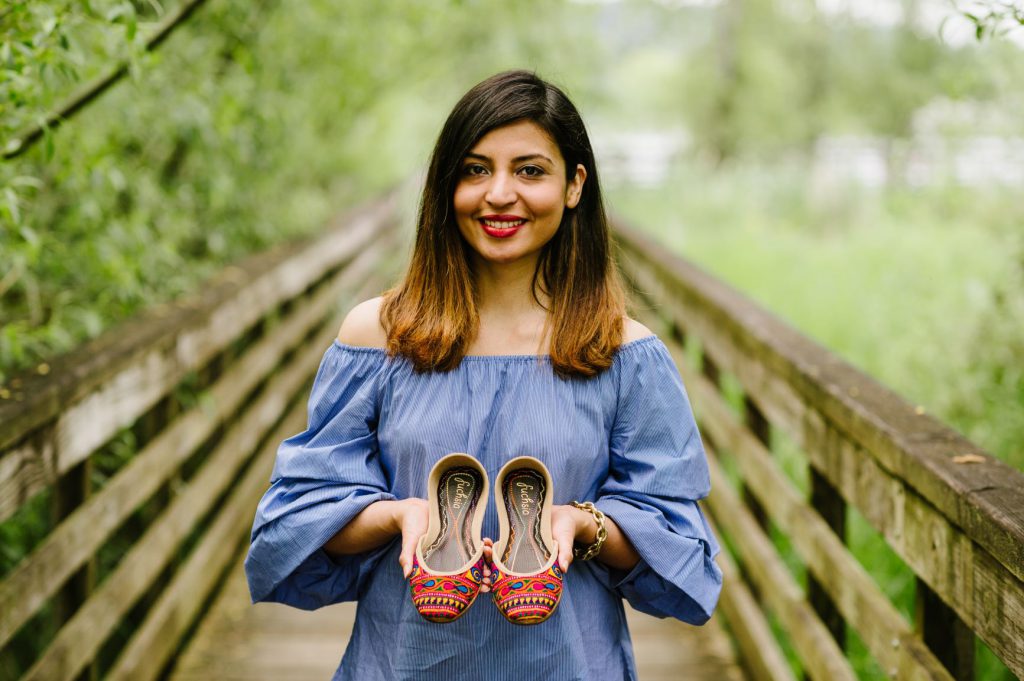
Photo by Microsoft Alumni Network
Afshan Abbas was inspired to launch Fuchsia Shoes after her travels took her all over the world and she met talented native artists who were creating something beautiful and original to their culture. Her friends in the US would ask her where they could get the things that she was purchasing from these makers. So she started trying to find out. Instead, what she found out was that many of these artisans were struggling from lack of exposure and low wages, which led to a diminished quality of life. She also learned that these struggles were not particular to any one country or community. This is a $32 billion industry annually. If the artisan economy were a country, it would be the fourth largest economy in the world, with the largest workforce.
Abbas created Fuchsia to work with artisans to create original, beautiful, artful shoes that are made in an ethical way. Working with the artisans directly means the artisans make more money. It also means she is able to help them transition their existing products into something that fits into the luxury category. They source the materials ethically, added rubber soft soles and padding to the footbed to make them more comfortable, and have sold over 10,000 pairs since their launch in 2017.
Because they order in small batches to eliminate waste and leftover product, the turnaround time is 2 to 3 weeks. During that time, they share the story of the people who are making the shoes with the customers who purchased them. And, Abbas is on a mission to make Fuchsia a model that can be replicated across multiple artisan industries — eventually working with millions of artists and empowering them in ways that have never been done before.
Sarah Cottee, Founder & CEO of immi
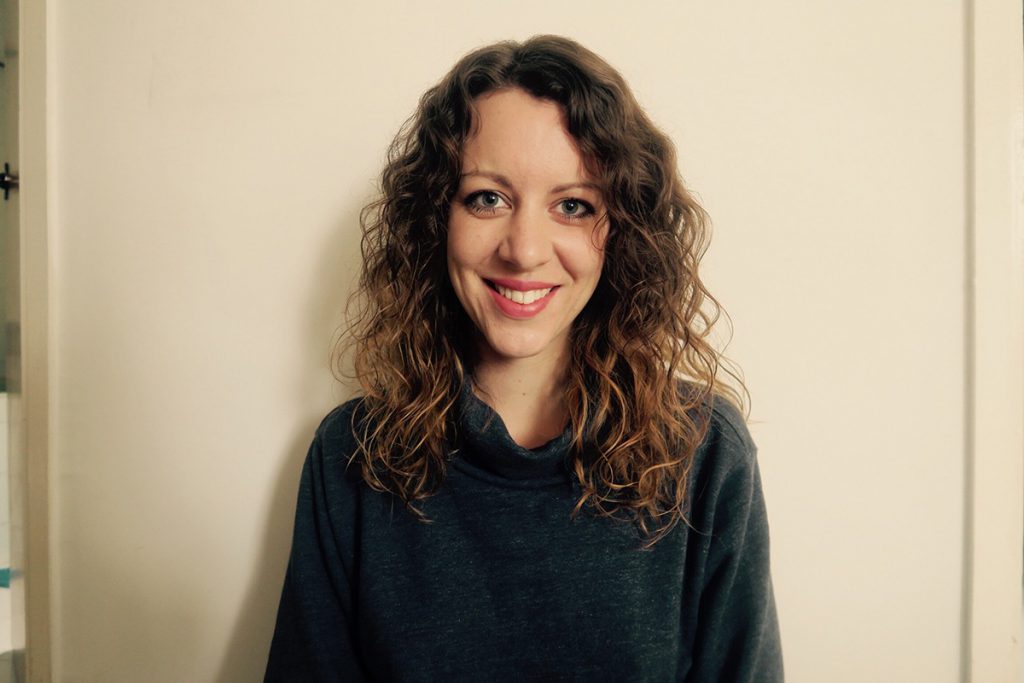
Sarah Cottee’s grandma, Rosaleen Immelda Clearkin, or “Gaggs,” left Ireland for Liverpool when she was 18 years old to train as a midwife. Later on, between raising five children and working full-time, she engaged in pioneering research at the University of Birmingham around tracking menstruation and fertility. She used her own daughters as guinea pigs — taking their temperature and asking them about their cycle each day. Cottee grew up knowing how important it is to understand your cycle.
Years later, while working in Southeast Asia, Cottee saw the issue of women not knowing about their menstrual cycle or what effect it has on them. She went on to learn that millions of girls worldwide stay home each month around the time they will start menstruating because they don’t know exactly when their period will start, can’t afford sanitary products, and don’t want to bleed at school. She started trying to come up with a way to solve this — a way to track your cycle that doesn’t require electricity or Internet access.
While on a plane listening to Madonna’s “Like a Prayer,” something clicked. She realized that our cycle is just another measurement of time, and if they could integrate cycle-tracking technology into a battery-powered watch, millions of young women could be educated. So that’s exactly what they’re doing. The immi watch allows you to track your menstrual cycle without being connected to a smartphone or app. The company is working with foundations focused on female health and girls’ education who buy the watches and distribute them to their beneficiaries, and are on target to reach millions of women by 2025. Cottee will also launch commercial sales with 10 percent of each sale going towards donating more watches to more women who need it.
As you travel through your life, take the time to stop and notice when something doesn’t seem right to you. Figure out if you can create a solution that starts to fix it. Find your partners who can support you. Tell your story. Tell theirs. And just see what happens. You may set out to solve a problem for someone else, but I can promise you that your life will be changed just as much.
See the rest of this series at The Wisdom of Women: Bold Insights From World Change.


